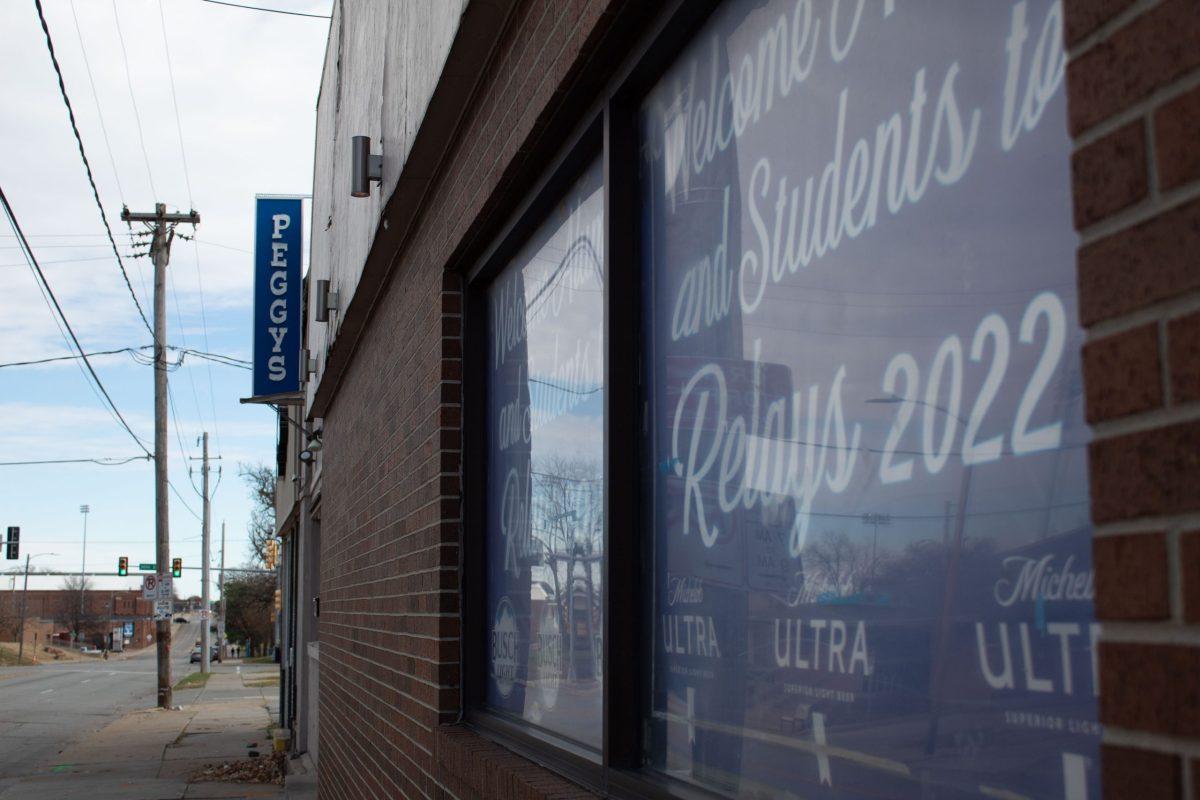A 2021 national health report revealed that the state of Iowa has the second-highest rate of excessive drinking in the country, and several Drake students think Iowa’s alcohol abuse relates to the lack of more exciting things to do in the Midwest.
Every year, the United Health Foundation releases a report called “America’s Health Rankings,” which outlines a year’s worth of health data collected by the Centers for Disease Control and Prevention (CDC).
This year’s data on alcohol in the U.S. shows that Iowa not only leads the nation in excessive alcohol use but also ranks among the top 10 in both the rate of binge drinkers and the rate of underage drinking.
The CDC defines “excessive” drinkers as “adults who report to regularly binge drinking or heavy drinking.” Binge drinking is defined as having more than four drinks per day for women and more than five for men, and “heavy” drinking is defined as having more than eight drinks per week for women and more than fifteen for men.
Underage drinking is any drinking by persons aged 12 to 20 – an age range that encompasses many of the Drake students who frequently consume alcohol on campus or at the local campus bars.
One Drake student, a 19-year-old female student in a sorority, said she drinks alcohol around one to two nights per week, almost always binge drinking on those occasions.
“In the Midwest, drinking is not something you do for the taste or for status,” she said. “You do it to get drunk and have fun.”
She feels that Iowa’s “lack of alternative options, particularly in smaller towns,” is likely a culprit for the state’s abnormally high rates of excessive and underage alcohol use.
“I know mine (small town) was bad for drinking just because there isn’t much else to do,” she said. “Your options for a Friday night are like, watch a movie, take a drive on main street or get drunk.”
To her, underage drinking in and of itself is not that dire of a problem as long as the university and Greek Life houses continue to provide resources to help people drink safely.
“I do like that both the administration and our Greek Life provide educational programs,” she said. “Students are going to drink no matter what you do, and so we just have to make sure that students are educated.”
Another Drake student, a 20-year-old male student in a fraternity, agreed that sororities and fraternities take decent measures to keep people safe.
“At least what my fraternity has done has been pretty adequate,” he said. “For example, we have sober monitor training which goes through all the basic signs to look for with alcohol dangers.”
He said that, although he only drinks alcohol a few times a month and binge drinks only half of those times, it “makes a lot of sense” to him that Iowa ranks so poorly in excessive and underage drinking rates.
“It’s not surprising since we have many big universities that alone probably make up like half of Iowa’s population, and it’s no secret college kids like to drink,” he said.
He also said he saw a correlation between Iowa’s excessive drinking rates and the fact that Iowa is “pretty boring.”
“Let’s face it, nothing else happens here,” he said. “There is Minneapolis in Minnesota and Chicago in Illinois, but we are just Iowa.”
A third student, a 19-year-old who has lived in small-town Iowa for about 10 years, said she knows boredom is the reason why she and her hometown friends have been drinking on the weekends ever since high school.
“When your friends get bored, you can only go to Walmart and drive around the parking lot so many times until you get bored again,” she said. “Since the cool thing to do was to drink, that always seemed to be what we turned to.”
She also said that when she first heard the statistics about Iowa having the second-highest rates of excessive drinking, she found it almost funny.
“But the more I think about it, it’s kind of disheartening,” she said. “I don’t think students grasp what actually happens when people go too far with drinking.”
She said that, in her first year at Drake, one of her friends was rushed to the hospital for alcohol poisoning. Even after that scary experience, however, she said she and her friends just “blew it off” and thought it was funny.
“I feel like Drake does a good job making sure students are safe transportation-wise when they’re drinking and making us take the alcohol course,” she said. “But also, many students don’t take that seriously and I don’t know if Drake can really do anything to change that.”
For any students struggling with issues of excessive drinking or alcohol abuse, visit the University’s Student Alcohol and Controlled Substance Use Resource page or call the National Drug and Substance Treatment Referral Routing Number at 1-800-662-HELP (4357).







